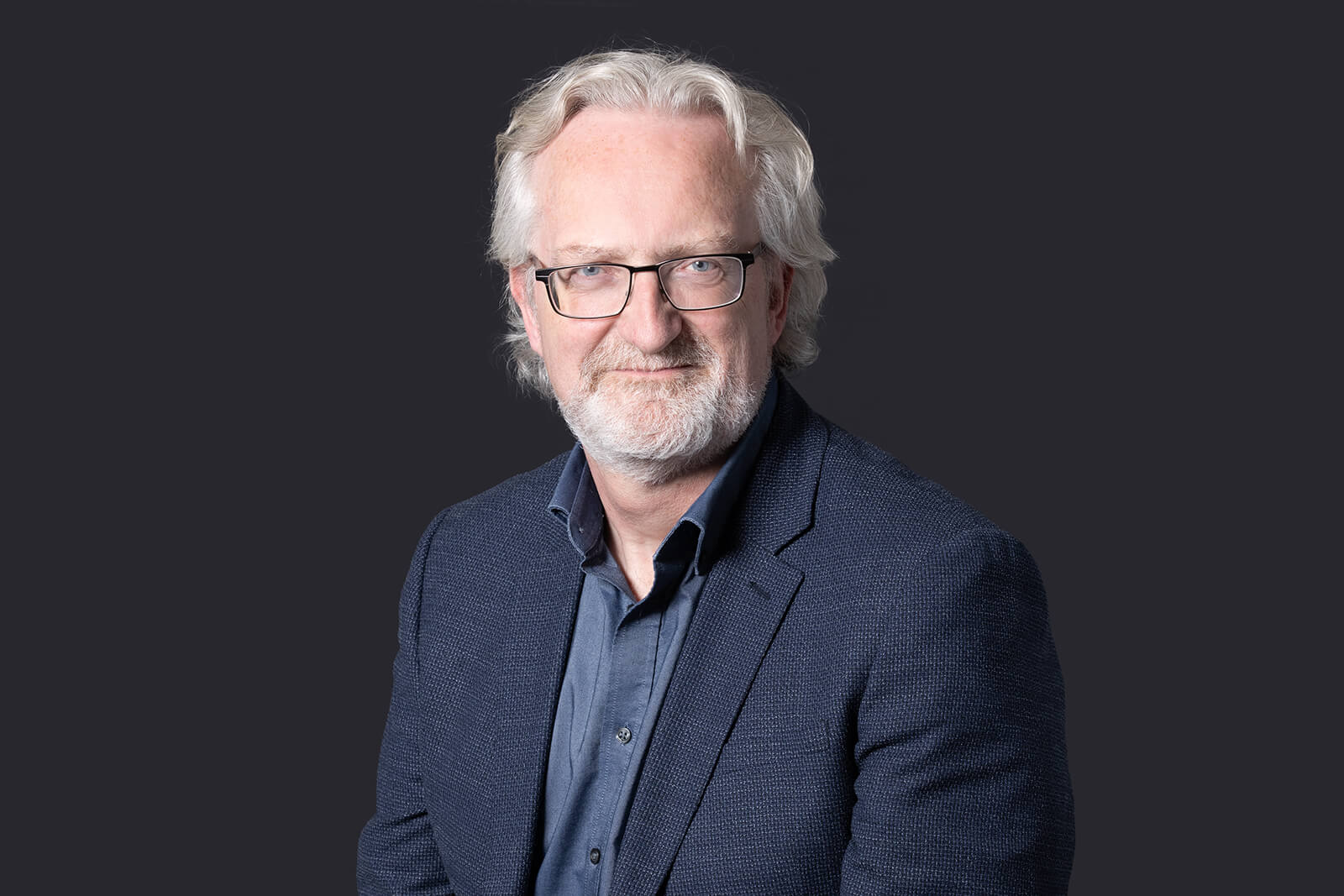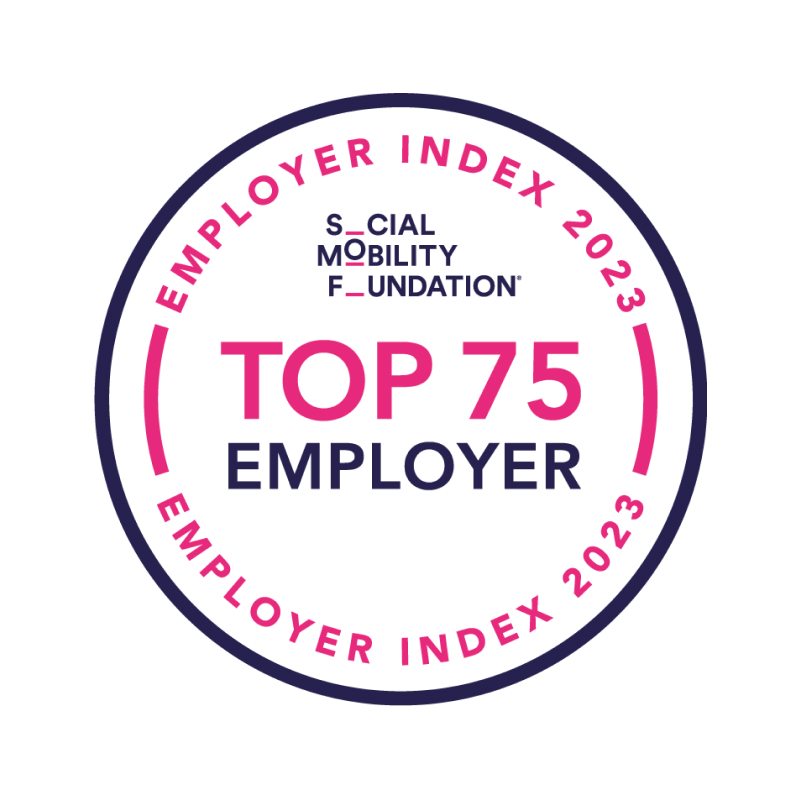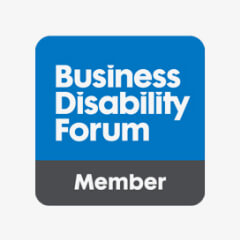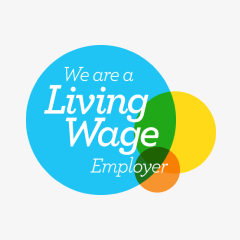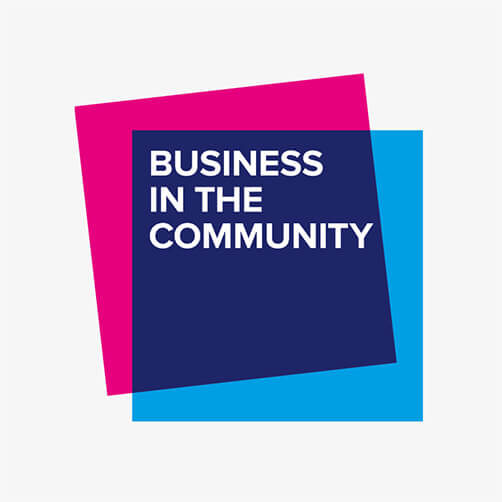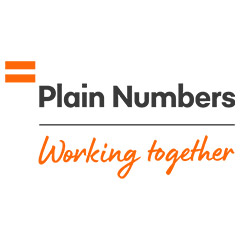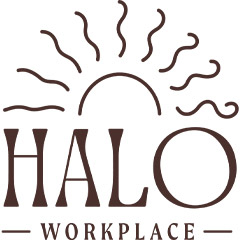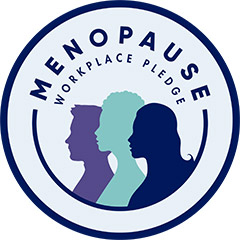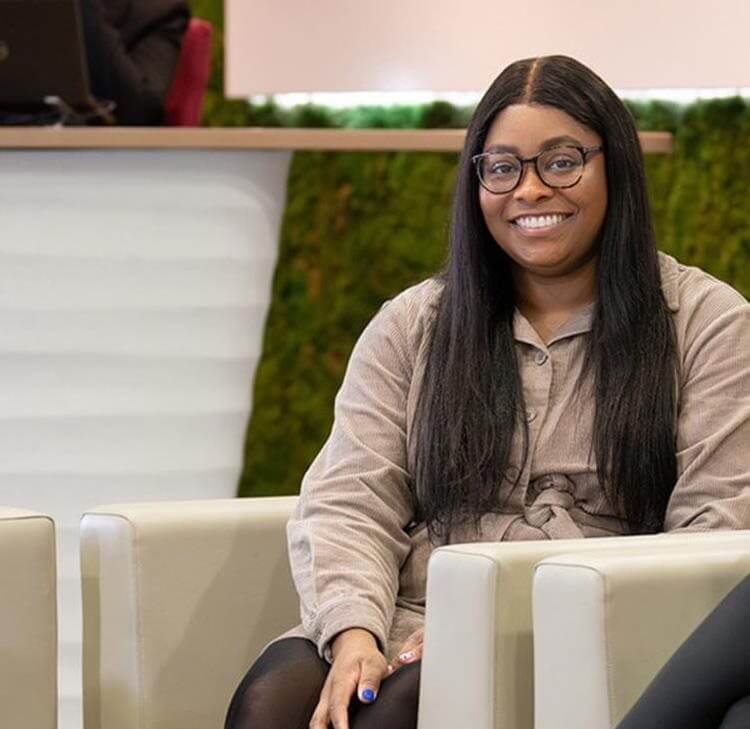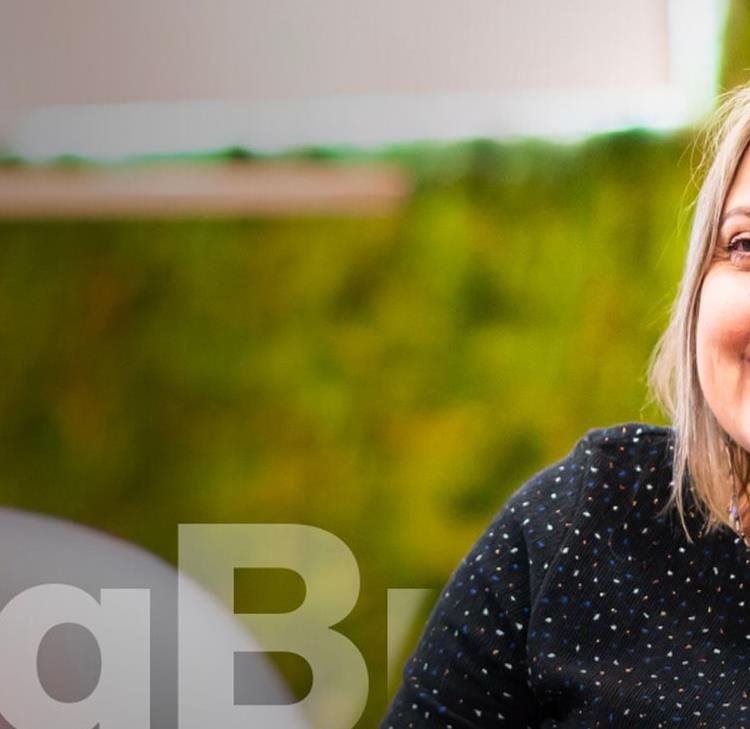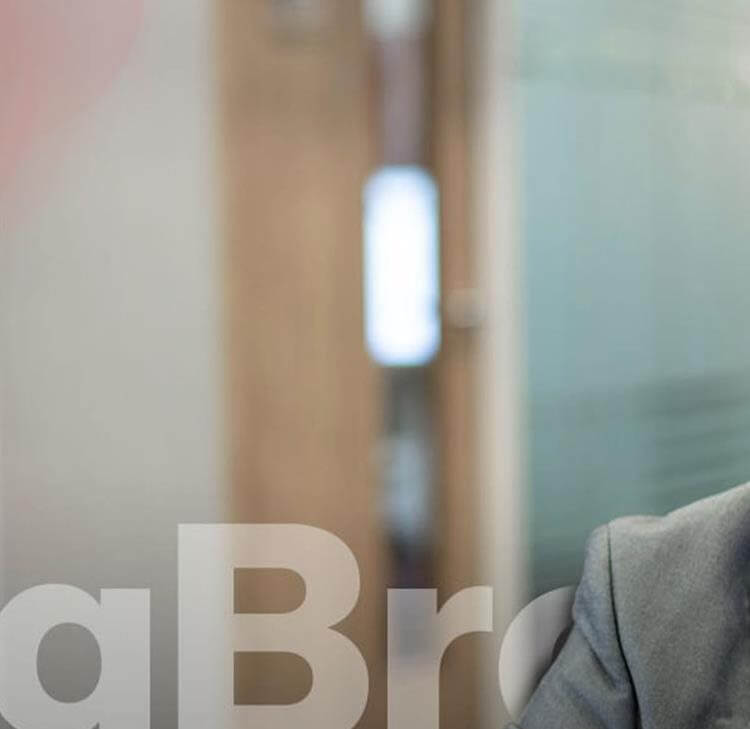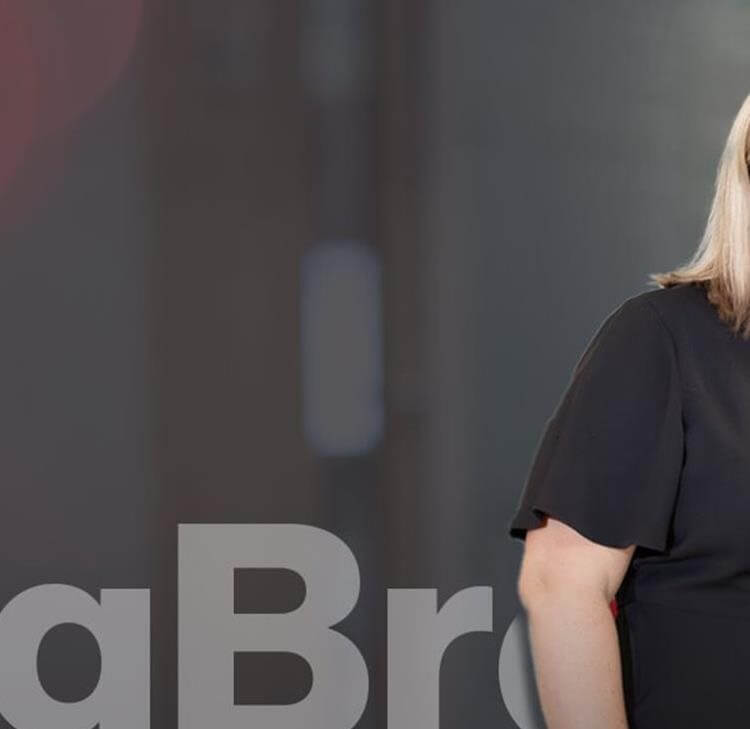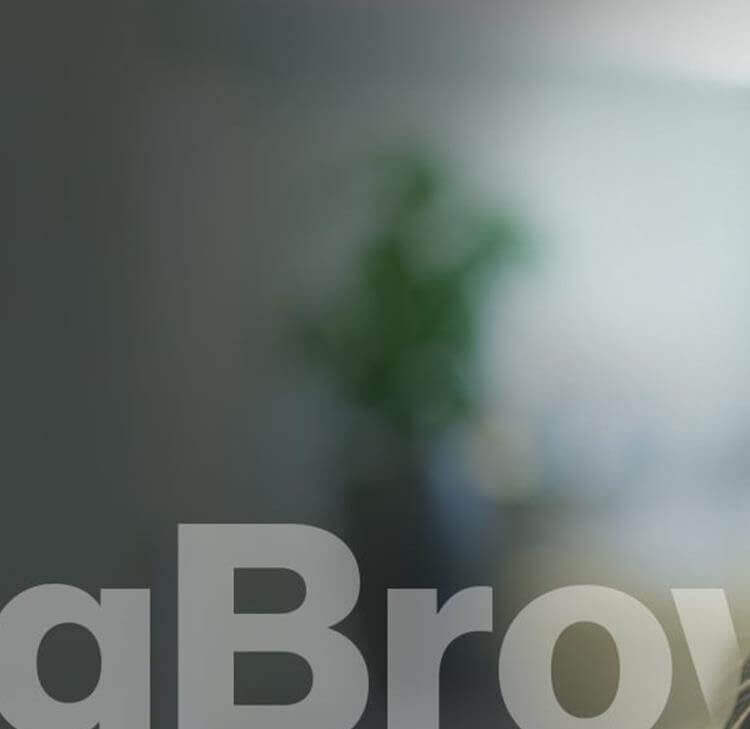As a firm, we want everyone to feel a sense of belonging, safe in the knowledge they’re valued for their differences and unique strengths. We strive to be at the forefront of society’s biggest issues and use our position and influence to offer equality of opportunity for all.
It’s important to us to have a workforce that is reflective of the clients we serve and the communities we operate in. Simply put, we have an aspiration to be the most inclusive and diverse law firm in the UK where everyone can thrive and succeed.
What we do
Diversity, equity and inclusion continues to be one of our highest priorities. It’s fundamental to our culture and embedded in our core values. We empower our people to come to work as their authentic selves every day. Creating an inclusive and diverse working environment is everyone’s responsibility at Browne Jacobson.
We know that with real action and clear goals, we can do our part in leading the legal profession to be more representative of the society around us. Lasting change will only be achieved when jobs at senior levels are accessible to all – and when the career paths to achieve them are equally accessible. This is why we’ve set some initial diversity targets to achieve our ambition of having a minimum of 50% female and 12% UK Ethnic Minority partners by 2026.
We’re committed to championing a more diverse, inclusive and equitable society starting with how we run our firm. We want to celebrate our different identities and backgrounds by creating an inclusive culture where our people feel their voice is heard, and their contribution is valued. We’re ambitious for everyone to reach their potential and we want everyone to thrive.
Our commitment starts at the top with our Managing Partner, Senior Partner and Board, and we’re taking action by:
- Supporting greater gender representation and working families
- Fostering racial and ethnic inclusion
- Unlocking the power of social mobility
- Championing people with disabilities
- Fostering LGBTQ+ inclusion
- Building a firmwide culture of inclusion through education, advocacy and allyship
- Partnering with specialist third-party organisations to stay close to best practice
We know we have more to do on our DEI journey and we’re excited about what we can do to create a more inclusive, diverse and equitable world.
“Browne Jacobson has been an absolutely brilliant legal partner. It is not just their legal expertise that make Browne Jacobson special. They also support the sector with expert insights and are accessible and supportive. I can personally vouch for the quality of legal advice and the trust and confidence that leaders place in the team. They believe in building sector capacity and work with a number of national organisations, including the Confederation of School Trusts (CST) to offer wider sector support. I am also proud to be associated with a legal firm that is known for its commitment to equality and diversity. For example, they won the D&I Initiative of the Year award at last year's British Legal Awards.”
Diversity, equity and inclusion
We’re committed to working together to drive sustainable gender balance, empowering everyone to support our ambition of gender equality. We want to make Browne Jacobson an inspiring place that allows everyone to create and build a successful career. We continue to drive understanding of the benefits to the firm and to individuals of gender balance and how everyone can proactively engage in efforts to recruit, develop and retain our balanced workforce. This extends to supporting those balancing their careers with wider family commitments.
We’re taking action by:
- Continuing to fulfil the commitments we made by signing the Law Society “Women in Law” pledge.
- Embedding our “Sustainable Gender Balance” programme, designed to promote gender parity throughout the firm, particularly in our leadership population. This includes:
- Evolving our talent planning approach, leading us to look much further into the future. Developing a focused long-term view of people’s career journeys and potential and identifying specifically how we develop future talent, at all levels. Our approach will ensure our promotion processes are equitable and that we’re succession planning for key leadership roles.
- Developing targeted mentoring and support programmes throughout the business to remove perceived barriers to female progression.
- Ensuring all recruitment & promotion panels are gender-balanced and where possible, have greater diversity from underrepresented groups.
- Continuing to carry out equal pay audits to ensure that like-for-like roles are paid equally.
- Building awareness, education and advocacy across the firm through our “Gender” and “Working Families” employee networks.
- Driving towards our leadership target of 50% Female (minimum) representation in the partnership by 2026.
- Enhancing our strategy to ensure that we are supporting menopause and other wellbeing initiatives across the firm.
- Reviewing policies on shared parental leave, maternity, paternity and adoption leave and supporting working carers.
- Introducing a new ‘return to work’ programme encompassing pre-leave, in-leave contact and return to work/transition support for occasions such as parental leave, long term sickness and absence.

We’re committed to being an anti-racist Firm that tackles inequality, eradicates systemic racism and puts equity and fairness at the heart of everything we do.
We promote awareness across Race, Ethnicity and Cultural Heritage and focus on implementing strategic plans across the Firm to engage, retain and grow talent that reflects the ethnic diversity of the national marketplace.
We are taking action by:
- Committing to having a minimum of 12% UK ethnic minority Partners in our Firm’s Leadership by 2026.
- Rolling out mandatory anti-racism training across the Firm starting with our Leadership
- Signing the BITC Race at Work Charter and appointing Bridget Tatham as our Sponsor for Race who helps champion this at a senior level within the Firm.
- Launching our REACH mentoring scheme designed to increase black representation in the legal sector and help create a wider talent pool in the legal sector.
- Collaborate with external D&I organisations to ensure we stay aligned to best practice.
- Continuing to publish data, such as our Ethnicity Pay Gap report/action plan in the spirit of openness and transparency.
- Continuing to build awareness, engagement and education through our internal REACH (Race Ethnicity & Cultural Heritage) community.
We take a broad view of disability, ensuring that our DEI strategy doesn’t only address physical disability, but also non-visible disability, neurodiversity, mental health as well as long term and chronic conditions. We want to promote disability confidence and create a culture where everyone’s strengths and unique abilities are celebrated.
Disability inclusion at Browne Jacobson goes beyond simple education and awareness, but also ensures that we are incorporating best practice into all internal policies and processes to ensure they are accessible to all.
We will do more to address the disability employment gap by focussing on recruitment, resourcing and how we’re attracting and retaining more people with unique abilities into Browne Jacobson.
We’re taking action by:
- Partnering with the Business Disability Forum to work towards a “Disability Smart” accreditation.
- Signing up to the government’s Disability Confident scheme and working towards level 2
- Investing in British Sign Language training for key teams, such as our front of house & events teams initially before offering this more widely across the firm.
- Our Disability and Long-term Conditions Employee network raises awareness and works with management teams to help us support our community to offer disability inclusion.
- Members of our internal network are active members of the Law Society’s Lawyers with Disabilities Division which promotes equal opportunities for people with disabilities within the legal profession and are trustees of the National Association for Special Educational Needs.
- Enhancing our Assistive Technology and Workplace Adjustments provisions.
- Increasing our Mental Health First Aiders Network supplemented with more events and sessions to promote wellbeing.
- Adopting a "One Firm, wherever you are" approach, allowing staff to work from home, and promoting our goals as an inclusive workplace.
We have a growing LGBTQ+ community and have recently launched our internal “Pride” network to engage, inspire and educate the firm. We believe everyone should have the freedom to be themselves at work and we encourage colleagues to be active allies and to speak up if they have concerns.
Allyship isn’t just passive support, but part of our everyday actions - visibly and vocally championing inclusion inside and outside the Firm.
We’re taking action by:
- Ensuring that we celebrate and observe key dates and campaigns such as LGBTQ+ History Month, Pride Month, Transgender Day of Visibility.
- Hosting internal events to educate the Firm around key challenges and help promote better allyship.
- Collaborating with some of our clients to be one of the founding partners of the newly formed “East Midlands LGBTQ+ Alliance network” which brings together dispersed local LGBTQ+ communities and helps support those whose organisations don’t have any professional networks to support their LGBTQ+ colleagues.
- Promoting LGBTQ+ role models across the firm and using storytelling to help promote awareness.
- Ensuring we are promoting intersectionality and serving those from under-represented sections of the LGBTQ+ community.
- Actively participating and having a presence in the National and regional Pride parades across the communities we operate in.
- All of our family policies recognise the diversity of families.
Why social mobility matters
For each year a child spends in education, the gap between rich and poor grows, with the attainment gap accelerating year on year. Just 1 in 10 students from poorer backgrounds are likely to achieve similar career success as those from wealthy backgrounds. This lack of upward mobility means that talent is often underdeveloped through lack of equal opportunity. Children from more prosperous families often benefit from more support and guidance from home and they can often access resources that their less advantaged peers cannot. The Covid-19 pandemic has exacerbated this discrepancy, as those children from less wealthy backgrounds have struggled to access the technology they need in order to continue their schooling remotely.
Informing and connecting students with available opportunities by linking them with potential employers is essential to improving social mobility. Students whose family members are from a professional background frequently have a far greater knowledge of how to go about finding opportunities and are more likely to have connections to help them secure work experience. Employers and schools are therefore critical when it comes to building alternative support networks for students who don’t easily have access to these advantages.
What are we doing to address social mobility?
In 2016, we removed our requirement for minimum A-level grades for our trainees and now anonymise all application forms and CVs. We recognise the importance of exploring the variety of experiences and achievements that individuals can bring to Browne Jacobson, outside of traditional academic achievement. We’re delighted to be a member of RARE – an organisation committed to making elite professions more diverse. We use RARE’s contextual recruitment system predominantly for our training contract recruitment. This allows us to contextualise applications and measure against academic performance for a fairer process.
Browne Jacobson have a long-standing partnership with the National Literacy Trust. Whilst the focus is on helping students with their reading and writing skills, this partnership allows us to make the essential contacts between ourselves and students from disadvantaged backgrounds, showing them the career possibilities that are available to them.
We’ve set up FAIRE (Fairer Access Into Real Experience) to revolutionise the way law firms encourage diverse talent into the profession, and to grow an industry-wide culture of inclusivity. FAIRE aims to support social mobility, offering students equal access to paid work experience that can pave the way for a career in the legal sector. You can view more information about FAIRE here.
For more information about our commitment to social mobility and how we’re committed to embedding this across Browne Jacobson, please follow the links below:
“I didn’t want my future to be shaped by how little money my parents had”
Browne Jacobson maintains top spot in Social Mobility Employer Index 2022
Browne Jacobson and ‘Young Professionals’ deliver UK’s biggest virtual student law careers event
We’re committed to working together to drive sustainable gender balance, empowering everyone to support our ambition of gender equality. We want to make Browne Jacobson an inspiring place that allows everyone to create and build a successful career. We continue to drive understanding of the benefits to the firm and to individuals of gender balance and how everyone can proactively engage in efforts to recruit, develop and retain our balanced workforce. This extends to supporting those balancing their careers with wider family commitments.
We’re taking action by:
- Continuing to fulfil the commitments we made by signing the Law Society “Women in Law” pledge.
- Embedding our “Sustainable Gender Balance” programme, designed to promote gender parity throughout the firm, particularly in our leadership population. This includes:
- Evolving our talent planning approach, leading us to look much further into the future. Developing a focused long-term view of people’s career journeys and potential and identifying specifically how we develop future talent, at all levels. Our approach will ensure our promotion processes are equitable and that we’re succession planning for key leadership roles.
- Developing targeted mentoring and support programmes throughout the business to remove perceived barriers to female progression.
- Ensuring all recruitment & promotion panels are gender-balanced and where possible, have greater diversity from underrepresented groups.
- Continuing to carry out equal pay audits to ensure that like-for-like roles are paid equally.
- Building awareness, education and advocacy across the firm through our “Gender” and “Working Families” employee networks.
- Driving towards our leadership target of 50% Female (minimum) representation in the partnership by 2026.
- Enhancing our strategy to ensure that we are supporting menopause and other wellbeing initiatives across the firm.
- Reviewing policies on shared parental leave, maternity, paternity and adoption leave and supporting working carers.
- Introducing a new ‘return to work’ programme encompassing pre-leave, in-leave contact and return to work/transition support for occasions such as parental leave, long term sickness and absence.

We’re committed to being an anti-racist Firm that tackles inequality, eradicates systemic racism and puts equity and fairness at the heart of everything we do.
We promote awareness across Race, Ethnicity and Cultural Heritage and focus on implementing strategic plans across the Firm to engage, retain and grow talent that reflects the ethnic diversity of the national marketplace.
We are taking action by:
- Committing to having a minimum of 12% UK ethnic minority Partners in our Firm’s Leadership by 2026.
- Rolling out mandatory anti-racism training across the Firm starting with our Leadership
- Signing the BITC Race at Work Charter and appointing Bridget Tatham as our Sponsor for Race who helps champion this at a senior level within the Firm.
- Launching our REACH mentoring scheme designed to increase black representation in the legal sector and help create a wider talent pool in the legal sector.
- Collaborate with external D&I organisations to ensure we stay aligned to best practice.
- Continuing to publish data, such as our Ethnicity Pay Gap report/action plan in the spirit of openness and transparency.
- Continuing to build awareness, engagement and education through our internal REACH (Race Ethnicity & Cultural Heritage) community.
We take a broad view of disability, ensuring that our DEI strategy doesn’t only address physical disability, but also non-visible disability, neurodiversity, mental health as well as long term and chronic conditions. We want to promote disability confidence and create a culture where everyone’s strengths and unique abilities are celebrated.
Disability inclusion at Browne Jacobson goes beyond simple education and awareness, but also ensures that we are incorporating best practice into all internal policies and processes to ensure they are accessible to all.
We will do more to address the disability employment gap by focussing on recruitment, resourcing and how we’re attracting and retaining more people with unique abilities into Browne Jacobson.
We’re taking action by:
- Partnering with the Business Disability Forum to work towards a “Disability Smart” accreditation.
- Signing up to the government’s Disability Confident scheme and working towards level 2
- Investing in British Sign Language training for key teams, such as our front of house & events teams initially before offering this more widely across the firm.
- Our Disability and Long-term Conditions Employee network raises awareness and works with management teams to help us support our community to offer disability inclusion.
- Members of our internal network are active members of the Law Society’s Lawyers with Disabilities Division which promotes equal opportunities for people with disabilities within the legal profession and are trustees of the National Association for Special Educational Needs.
- Enhancing our Assistive Technology and Workplace Adjustments provisions.
- Increasing our Mental Health First Aiders Network supplemented with more events and sessions to promote wellbeing.
- Adopting a "One Firm, wherever you are" approach, allowing staff to work from home, and promoting our goals as an inclusive workplace.
We have a growing LGBTQ+ community and have recently launched our internal “Pride” network to engage, inspire and educate the firm. We believe everyone should have the freedom to be themselves at work and we encourage colleagues to be active allies and to speak up if they have concerns.
Allyship isn’t just passive support, but part of our everyday actions - visibly and vocally championing inclusion inside and outside the Firm.
We’re taking action by:
- Ensuring that we celebrate and observe key dates and campaigns such as LGBTQ+ History Month, Pride Month, Transgender Day of Visibility.
- Hosting internal events to educate the Firm around key challenges and help promote better allyship.
- Collaborating with some of our clients to be one of the founding partners of the newly formed “East Midlands LGBTQ+ Alliance network” which brings together dispersed local LGBTQ+ communities and helps support those whose organisations don’t have any professional networks to support their LGBTQ+ colleagues.
- Promoting LGBTQ+ role models across the firm and using storytelling to help promote awareness.
- Ensuring we are promoting intersectionality and serving those from under-represented sections of the LGBTQ+ community.
- Actively participating and having a presence in the National and regional Pride parades across the communities we operate in.
- All of our family policies recognise the diversity of families.
Why social mobility matters
For each year a child spends in education, the gap between rich and poor grows, with the attainment gap accelerating year on year. Just 1 in 10 students from poorer backgrounds are likely to achieve similar career success as those from wealthy backgrounds. This lack of upward mobility means that talent is often underdeveloped through lack of equal opportunity. Children from more prosperous families often benefit from more support and guidance from home and they can often access resources that their less advantaged peers cannot. The Covid-19 pandemic has exacerbated this discrepancy, as those children from less wealthy backgrounds have struggled to access the technology they need in order to continue their schooling remotely.
Informing and connecting students with available opportunities by linking them with potential employers is essential to improving social mobility. Students whose family members are from a professional background frequently have a far greater knowledge of how to go about finding opportunities and are more likely to have connections to help them secure work experience. Employers and schools are therefore critical when it comes to building alternative support networks for students who don’t easily have access to these advantages.
What are we doing to address social mobility?
In 2016, we removed our requirement for minimum A-level grades for our trainees and now anonymise all application forms and CVs. We recognise the importance of exploring the variety of experiences and achievements that individuals can bring to Browne Jacobson, outside of traditional academic achievement. We’re delighted to be a member of RARE – an organisation committed to making elite professions more diverse. We use RARE’s contextual recruitment system predominantly for our training contract recruitment. This allows us to contextualise applications and measure against academic performance for a fairer process.
Browne Jacobson have a long-standing partnership with the National Literacy Trust. Whilst the focus is on helping students with their reading and writing skills, this partnership allows us to make the essential contacts between ourselves and students from disadvantaged backgrounds, showing them the career possibilities that are available to them.
We’ve set up FAIRE (Fairer Access Into Real Experience) to revolutionise the way law firms encourage diverse talent into the profession, and to grow an industry-wide culture of inclusivity. FAIRE aims to support social mobility, offering students equal access to paid work experience that can pave the way for a career in the legal sector. You can view more information about FAIRE here.
For more information about our commitment to social mobility and how we’re committed to embedding this across Browne Jacobson, please follow the links below:
“I didn’t want my future to be shaped by how little money my parents had”
Browne Jacobson maintains top spot in Social Mobility Employer Index 2022
Browne Jacobson and ‘Young Professionals’ deliver UK’s biggest virtual student law careers event
What our people say
Planning for our future: working on protecting the natural environment
Sophie Hoffman, Associate
"We work with clients to protect the environment, set the regulatory agenda and create positive change."Find out more
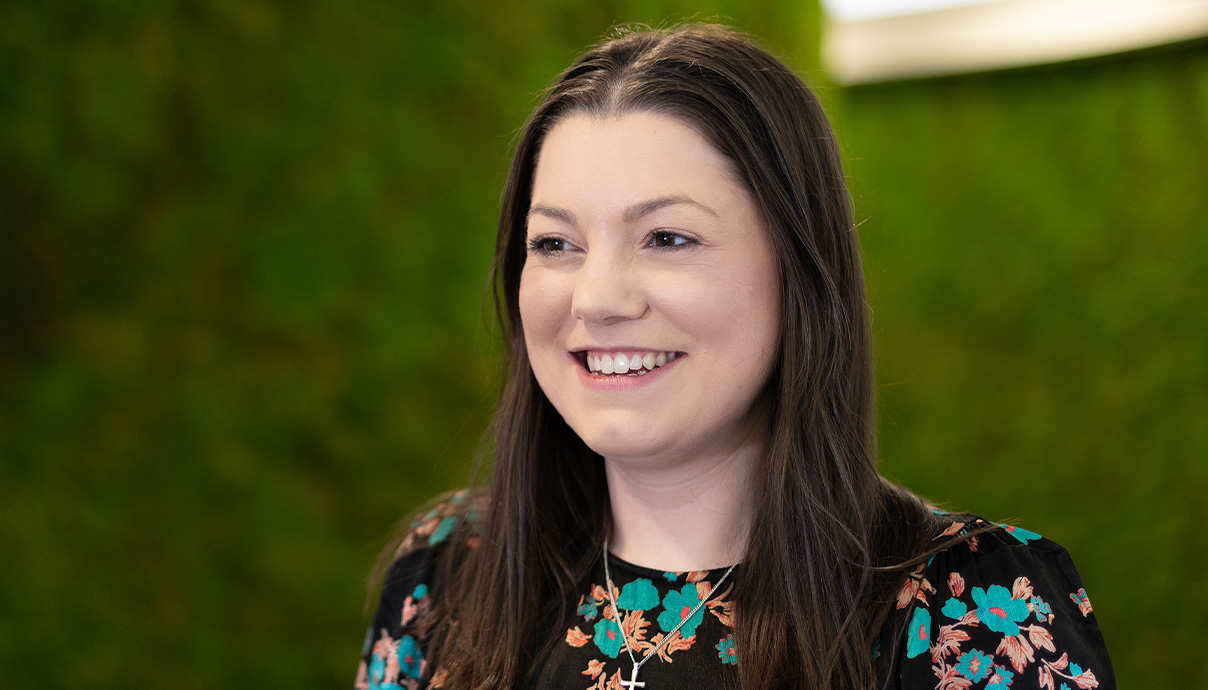
Enabling, authentic and rewarding: how Browne Jacobson’s culture fostered a leading education practice
Mark Blois, Head of Education
"I’m inspired by education professionals’ work improving the life chances of children and young people."Find out more
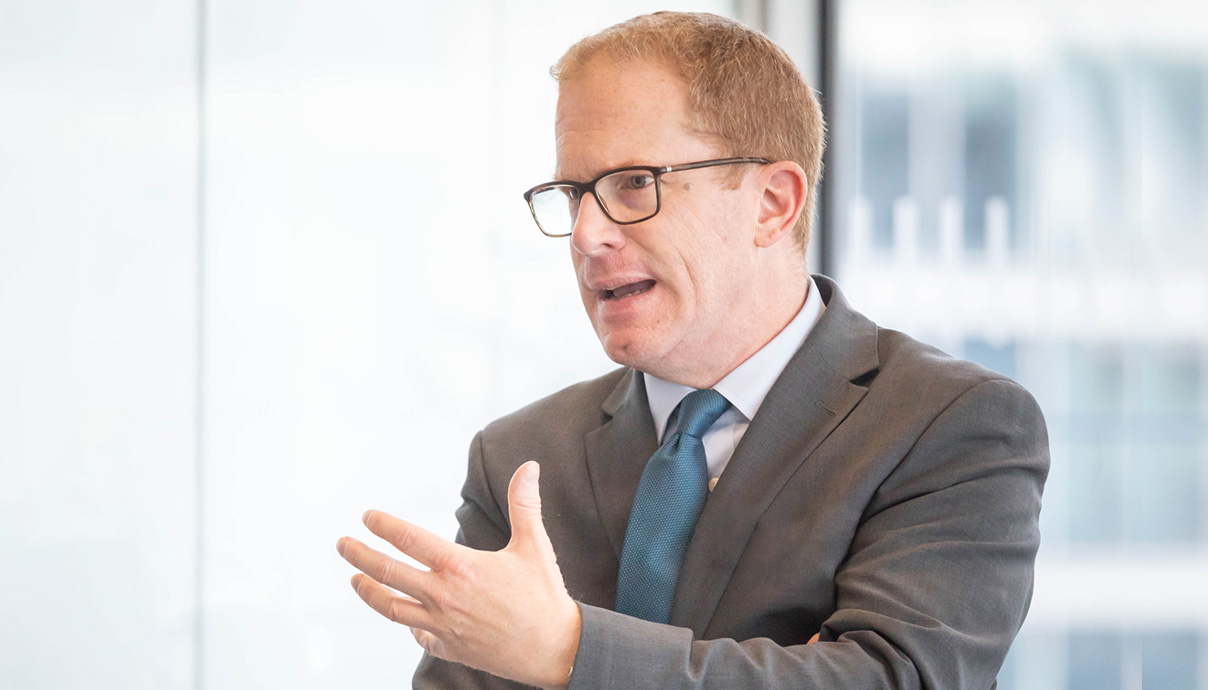
The Solicitor Apprentice: exploring alternative routes into careers in law
Hollie Ingram, Solicitor Apprentice
"I’m being pushed early on - it’s been great in terms of exposure. I'm given a lot of responsibility and also a lot of support."Find out more
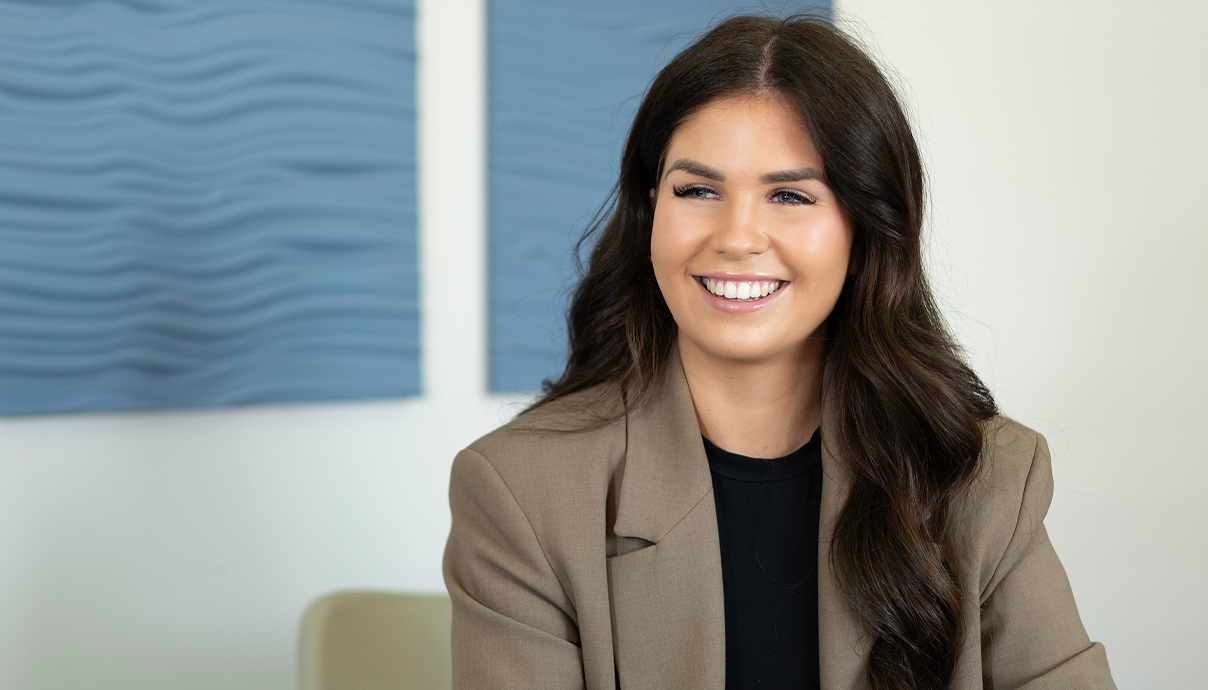
Becoming O Shaped: Championing positive change
Luke Deal, Senior Associate
"O Shaped is an opportunity to do things in a new way, to be part of something that we as a firm are at the forefront of, and to develop personally while helping to support cultural change."Find out more
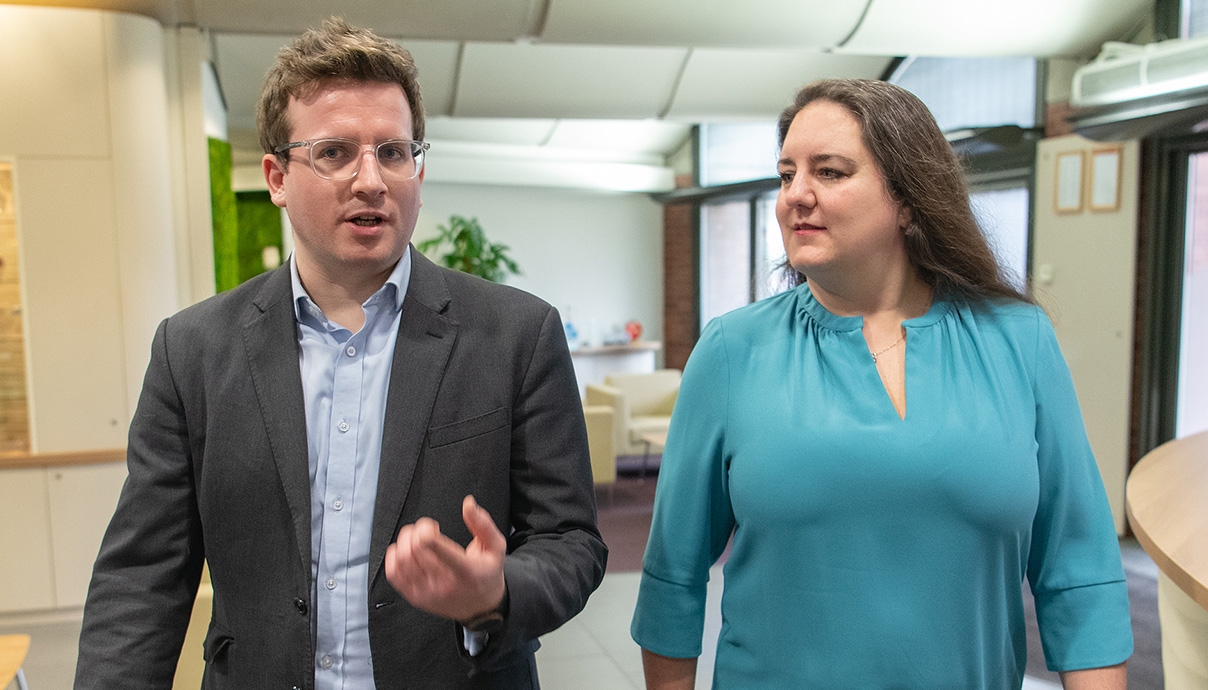
Placing inclusion at the heart of strategy
Caroline Green, Senior Partner
"If everyone comes from the same background, with the same experiences and skillset, we won’t be representative of society and we won’t be able to provide the best service to our clients."Find out more
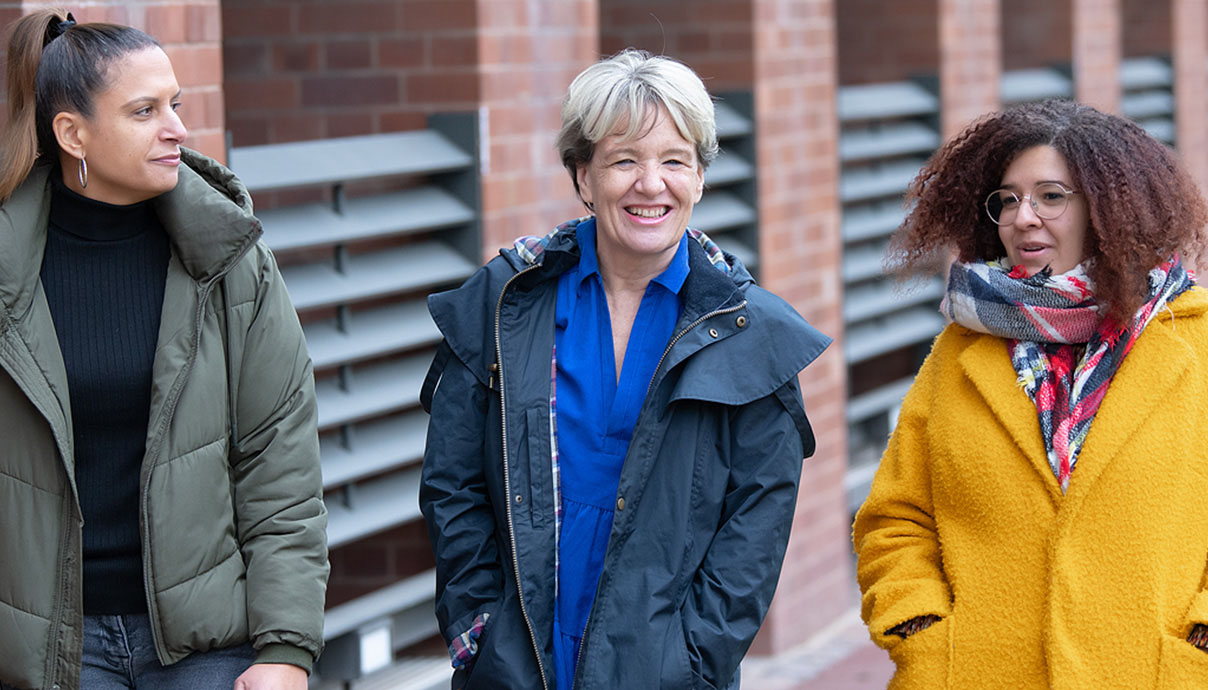
Breaking through barriers to reach the bar
Kiera Riddy, Barrister (Associate)
"I knew I wanted to do it, and there would be no stopping me."Find out more
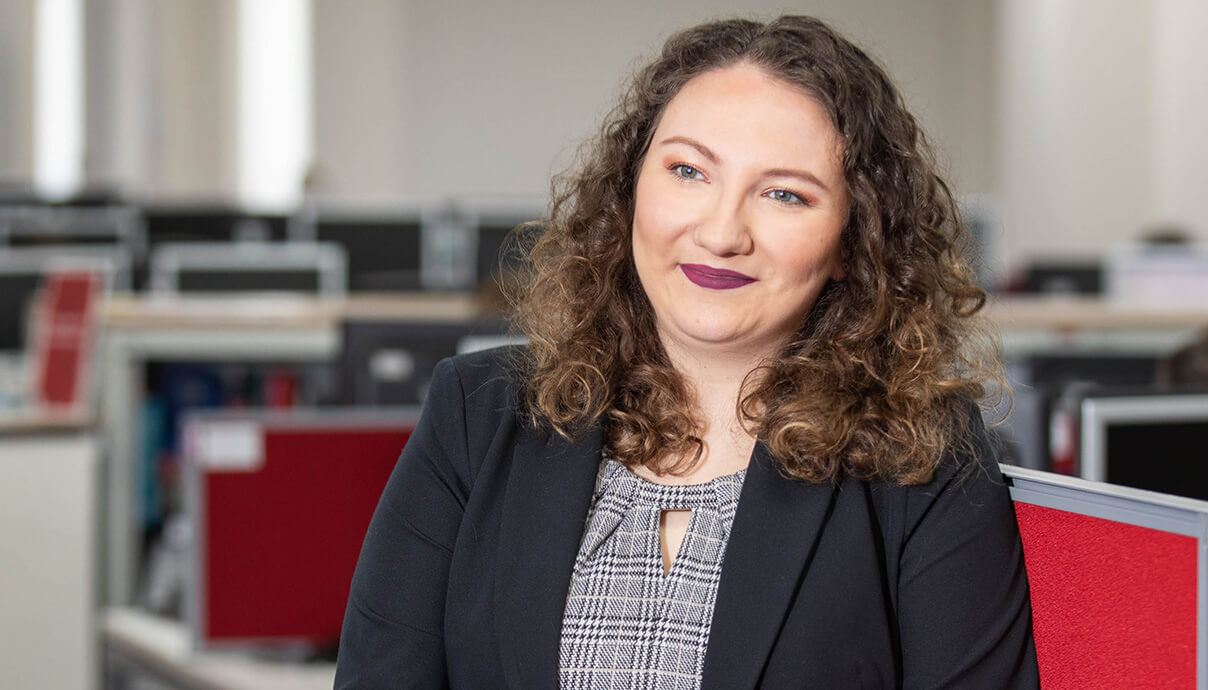
From the lab to the law: Natasha’s journey to becoming a future lawyer with Browne Jacobson
Natasha Leo, Trainee Solicitor
"I wanted to work with a firm that actively looks for ways to make positive change in society and Browne Jacobson is evidently trying to achieve this with the clients it works with and the community engagements it gets involved in."Find out more
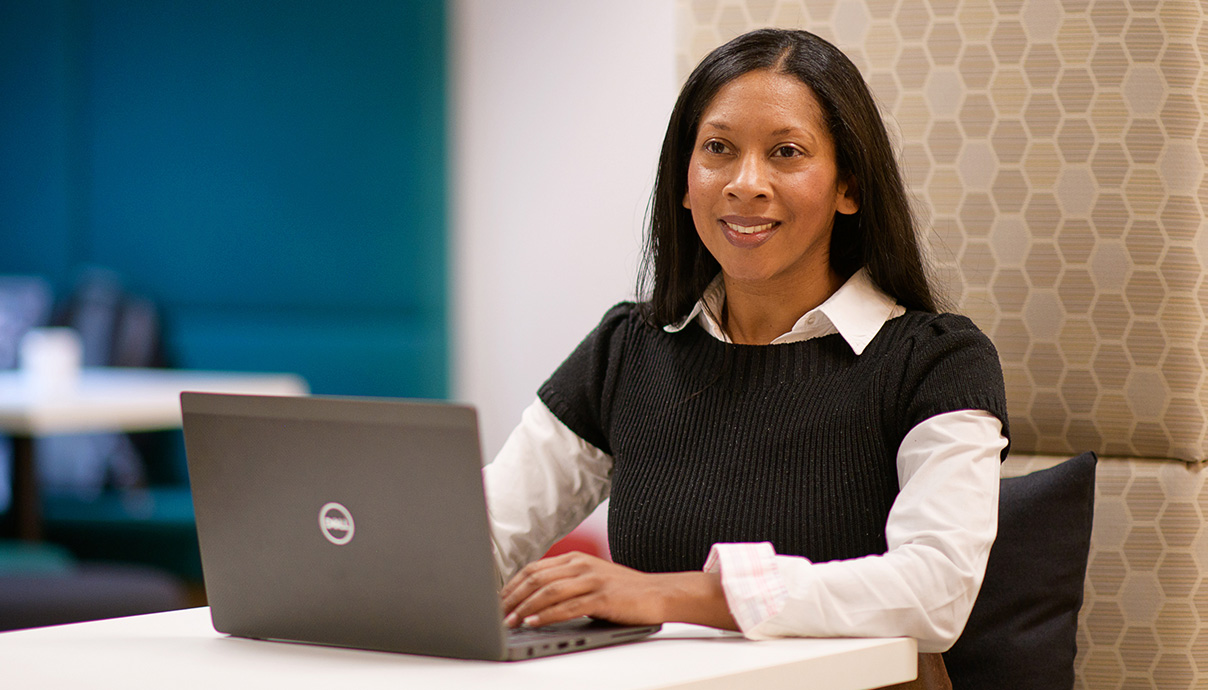
Courageous conversations: turning words into action
Grace Woolford, Practice Assistant
"You may never know who is being excluded until you hear about it from their perspective. It’s amazing how hearing one other person’s perspective can alter our own."Find out more
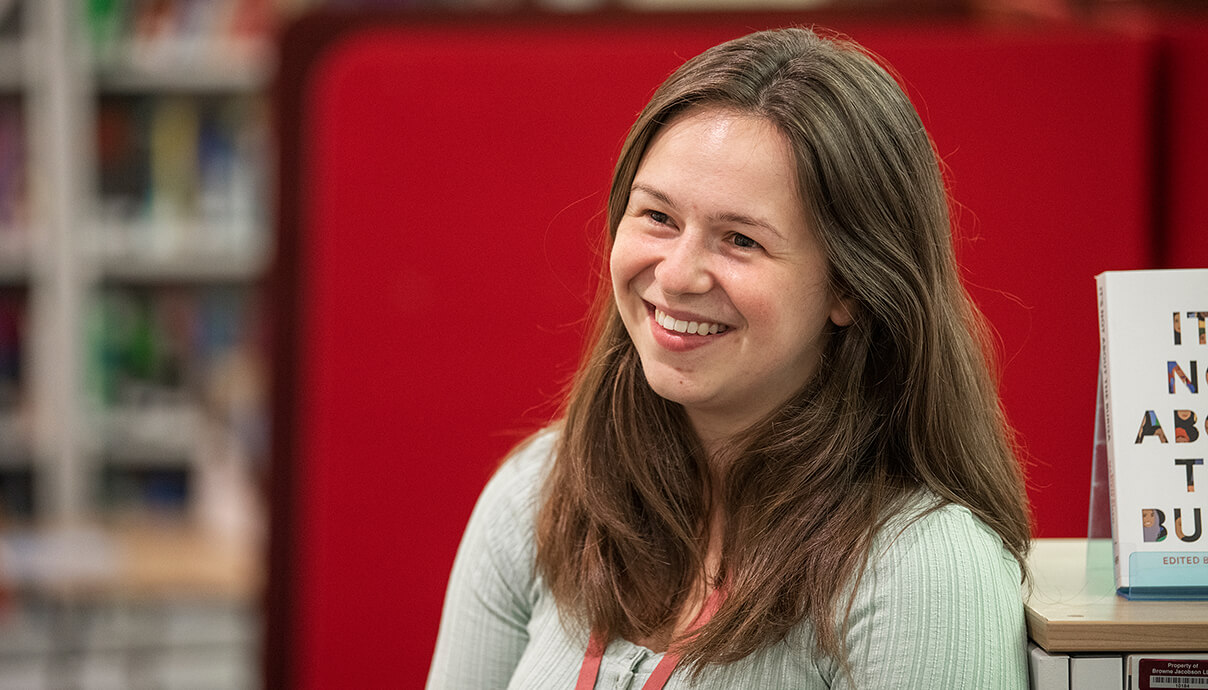
Key contacts
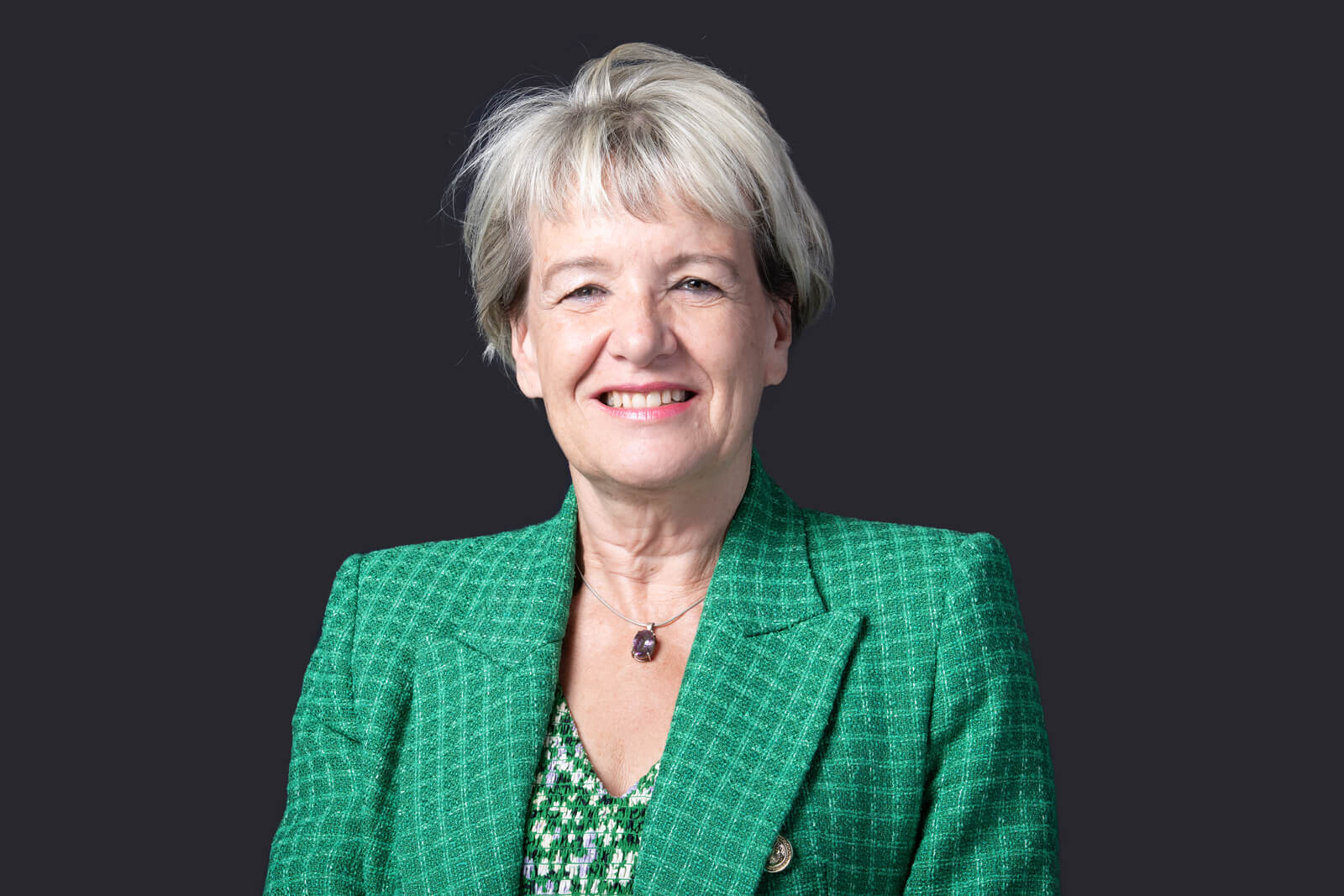
Caroline Green
Senior Partner
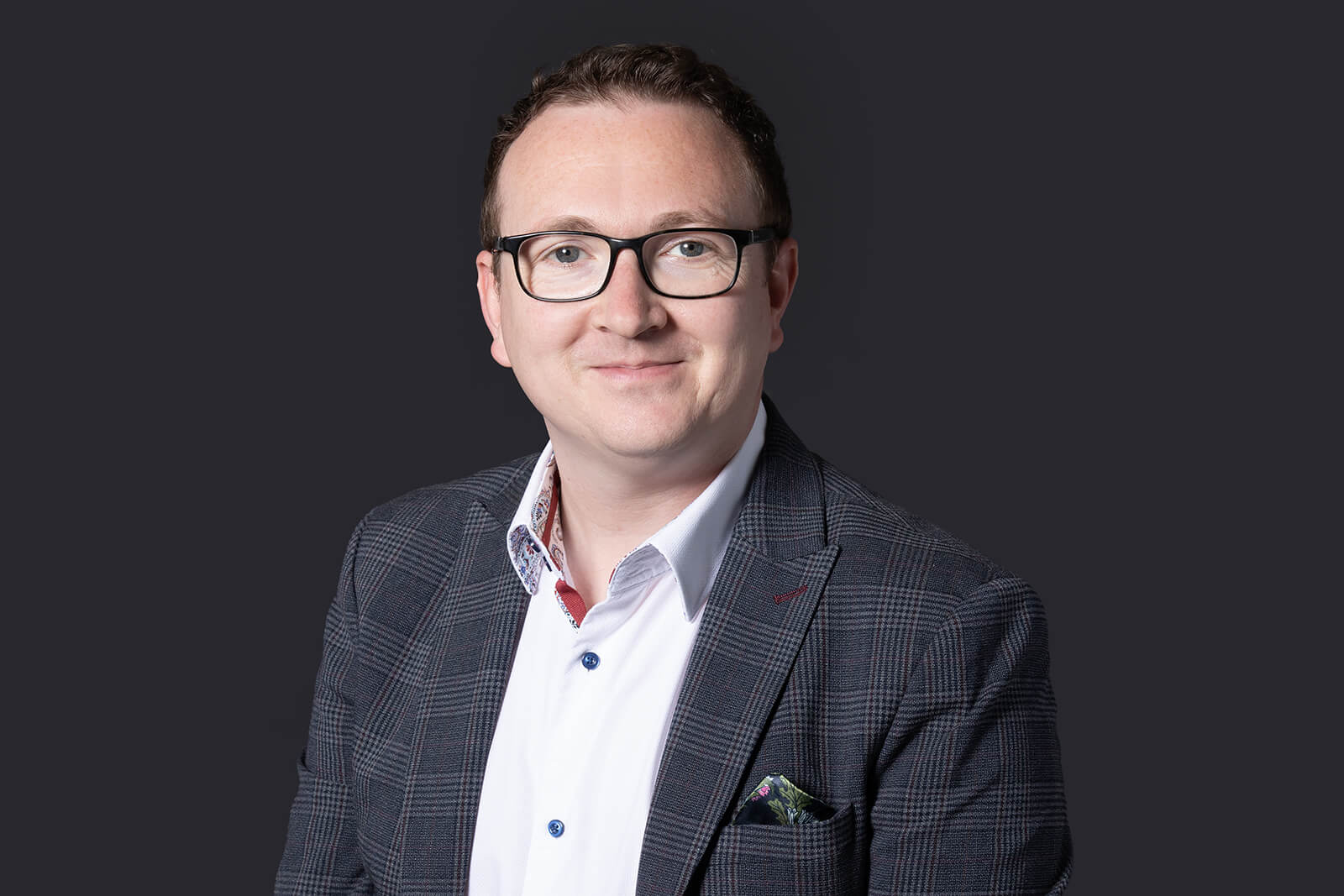
Oliver Holmes
Head of Diversity & Inclusion
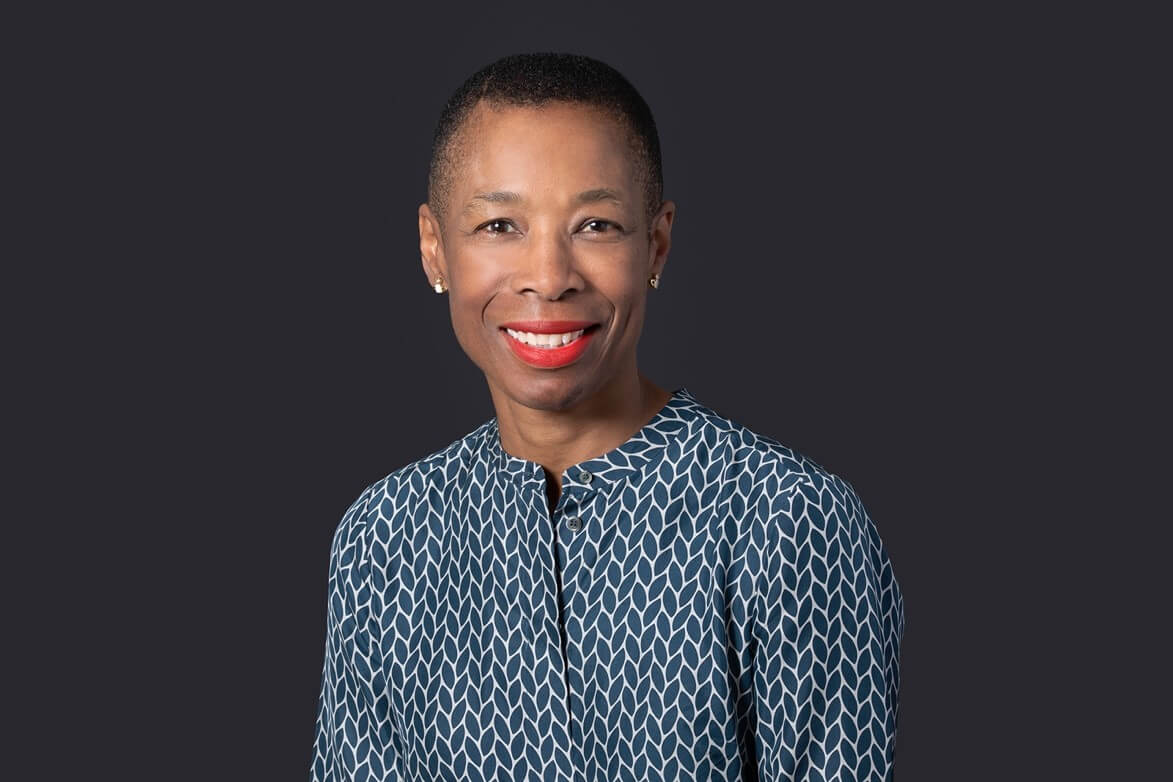
Bridget Tatham
Partner
